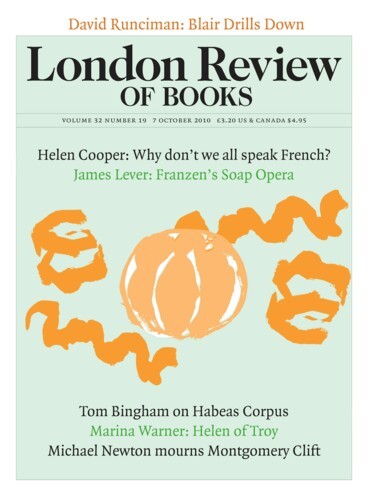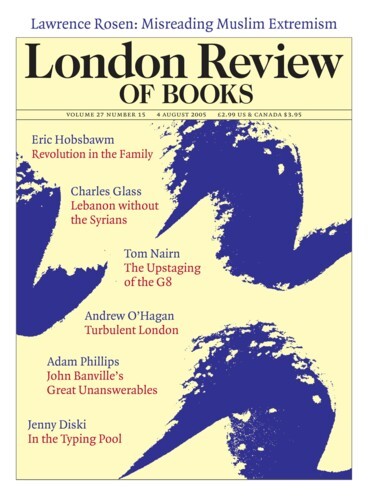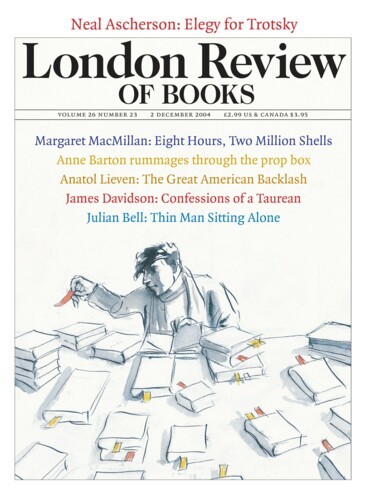Helen Cooper
Helen Cooper is a professor of English at Cambridge, and the author of The English Romance in Time.
Writing French in English: Chaucer’s Language
Helen Cooper, 7 October 2010
Some 25 years after Alsace had been returned to France at the end of the Second World War, I took an opportunity to work there for a few months, in the belief that it would improve my French. A few bare facts about the contested history of the region had stayed with me from school history lessons, but they couldn’t have prepared me for what I walked into. The mix of languages was the...
Skeltonics: The maverick poetry of John Skelton
Helen Cooper, 14 December 2006
John Skelton should be one of the great figures of English poetry. He is widely regarded as the most significant poet in the 130 years between the death of Chaucer and the flourishing of Thomas Wyatt; but it has to be said that the competition for the top ranking south of the Scottish border is not very fierce, and until the 1930s such a judgment would have struck most people as bizarre. His...
Family Fortunes: The upwardly mobile Pastons
Helen Cooper, 4 August 2005
“The Pastons were minor Norfolk gentry who were doing their best to rise in the world. They would be no more distinctive than scores of other comparable 15th-century families were it not for their habit of preserving the letters they wrote: letters that constitute the period’s most comprehensive archive of private papers, and for many years the only one known. They were discovered in the jumble of documents left by the impoverished second Earl of Yarmouth, himself a Paston, in 1735. When they were published fifty years later, the edition sold out within a week. Since then, and despite the discovery of other collections, they have made their writers the most intimately known family of the English Middle Ages. The lives of kings and princes may be more celebrated, and we may have far more records relating to the major aristocratic families, but the Paston letters supply individual voices. The correspondence extends over four generations of both men and women – indeed, her letters make Margaret Paston, wife of John Paston I, one of the most prolific woman writers in Middle English.”
Pursued by Bearists
2 December 2004
Pieces about Helen Cooper in the LRB
Wholly Given Over to Thee: literary romance
Anne Barton, 2 December 2004
In George Peele’s Elizabethan play The Old Wives’ Tale, a character called Jack interrogates the ‘wandering knight’ Eumenides: ‘Are you not the man, sir (deny it if...
Read anywhere with the London Review of Books app, available now from the App Store for Apple devices, Google Play for Android devices and Amazon for your Kindle Fire.
Sign up to our newsletter
For highlights from the latest issue, our archive and the blog, as well as news, events and exclusive promotions.




